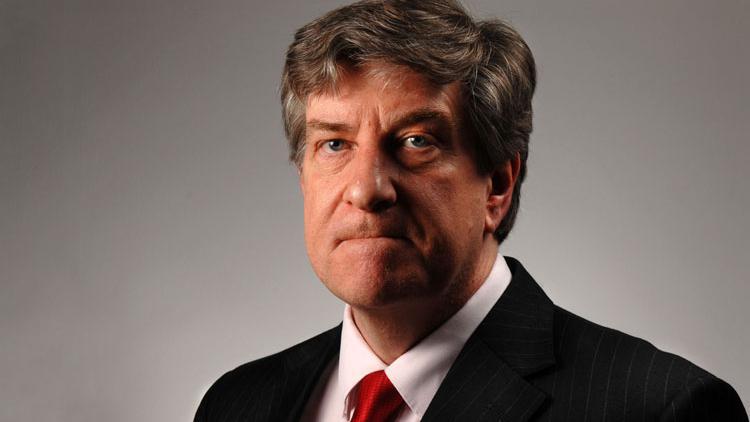As you will see elsewhere on our news page, we were privileged to receive a visit from Sir David Carter (National School Commissioner) earlier in the autumn term. He visited Bexhill Academy and saw for himself how we are making improvements to our learning environments and the delivery of best practice to maximise outcomes for pupils.
This week, Sir David has written an article for the TES in which he specifically names WISE Academies and Bexhill. Here is an extract from this important article: –
“In my role as national schools commissioner, I am seeing more and more examples of this working in practice. The very best practice enables schools to thrive in a long-term, sustainable and strategic way. The improvement in outcomes for disadvantaged learners has to be central to this, and the trusts that succeed do so by building the strategy across all of their schools. A strong example that I have seen recently on a visit to the North regional schools commissioner region was Bexhill Academy in Sunderland, part of WISE Academies. In an area of socio-economic disadvantage, in 2014 the school’s pupil outcomes at key stage 2 were 22 percentage points below national average. By 2016 outcomes had improved to the extent that Bexhill was 11 percentage points above the national average for reading, writing and mathematics combined for all pupils.
Part of this continuous improvement has been as a result of stronger leadership and governance. At Bexhill, both the chair and CEO joined the local academy board to provide stronger oversight and challenge. The trust also appointed a strong principal, and the CEO supported the trust’s teaching practice through introducing peer-to-peer support from other leaders in the trust. Sharing teaching and leadership capacity between schools where staff were deployed to work in more than one was also a factor in seeing outcomes improve quickly, as the modelling of trust practice became embedded in the work of the school.
We know that more needs to be done, and over the past year my team and I have been working to understand how we can best support trusts to continue to build their capacity to deliver school improvement. No one school or trust is the same and some areas of the country experience greater challenges, as identified by the education secretary’s opportunity areas. We need to challenge ourselves and the system to think about how we can work together to tackle this, improve outcomes for pupils despite these barriers, and then share what works widely.”
You can read the full article here

